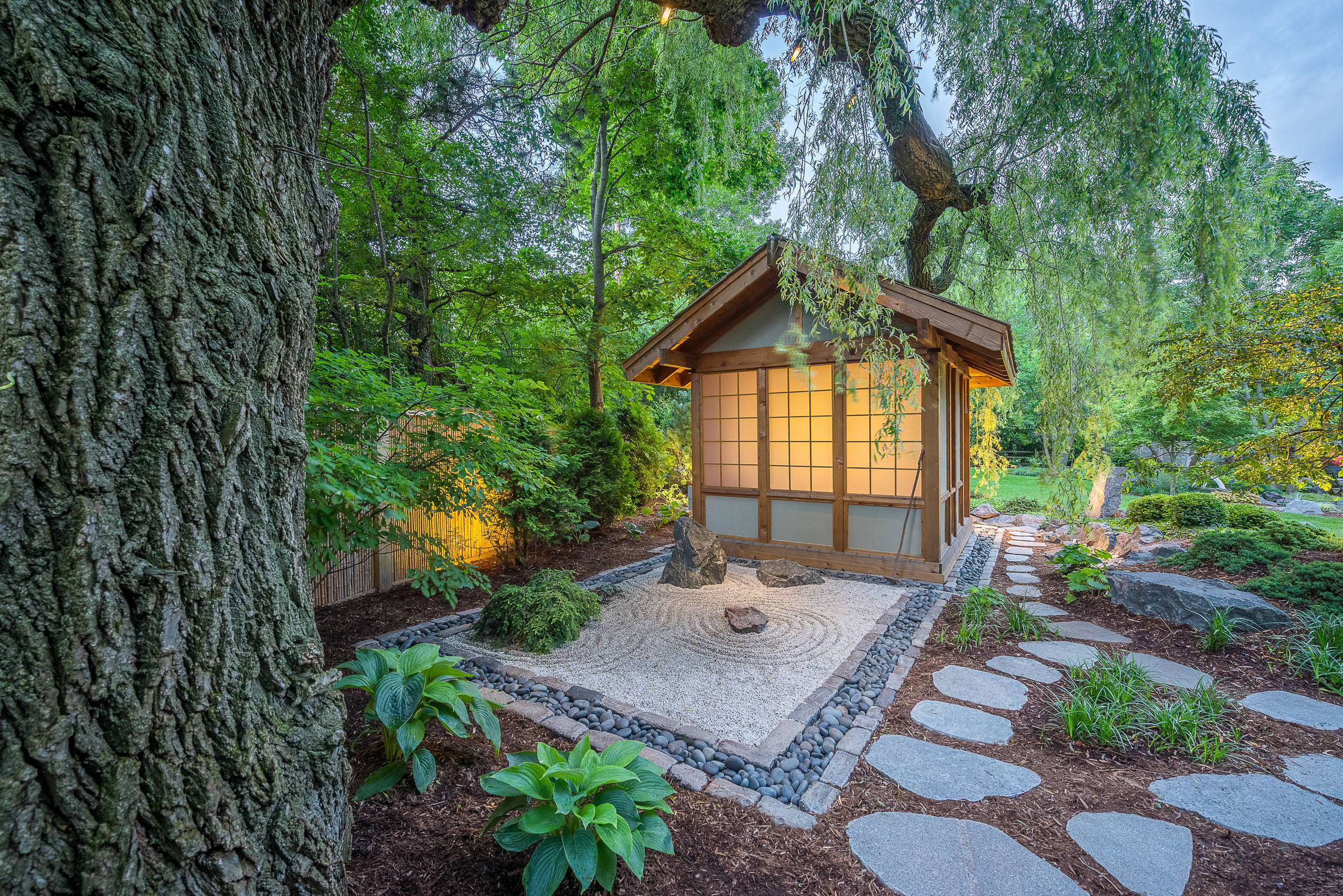In recent years, there has been a growing awareness and emphasis on sustainability in all aspects of life, including landscaping design. As people become more conscious of the impact their actions have on the environment, they are seeking ways to create beautiful outdoor spaces that not only enhance their quality of life but also contribute to a healthier planet.
One of the key trends in sustainable landscaping design is the use of native plants. Native plants are well-adapted to the local climate and soil conditions, making them easier to maintain and requiring less water and fertilizer than non-native species. By incorporating native plants into your landscape design, you can create a low-maintenance garden that supports local wildlife and helps preserve biodiversity.
Another important trend in sustainable landscaping design near me is water conservation. With increasing concerns about water scarcity, many homeowners are turning to drought-tolerant plants and xeriscaping techniques to reduce their water usage. Xeriscaping involves designing landscapes that require minimal irrigation by using drought-resistant plants, mulch, and efficient irrigation systems. By implementing these practices, you can save water and reduce your environmental footprint while still enjoying a beautiful outdoor space.
In addition to using native plants and conserving water, sustainable landscaping design also focuses on creating habitats for pollinators such as bees and butterflies. Pollinators play a crucial role in our ecosystem by helping plants reproduce, but their populations are declining due to habitat loss and pesticide use. By planting nectar-rich flowers and providing shelter for pollinators in your garden, you can help support these essential creatures while adding beauty and diversity to your landscape.
Furthermore, sustainable landscaping design emphasizes the importance of soil health. Healthy soil is vital for plant growth and nutrient uptake, but conventional gardening practices such as tilling and chemical fertilizers can degrade soil quality over time. To promote healthy soil in your landscape, consider incorporating composting techniques, organic fertilizers, cover crops, or no-till gardening methods. These practices will improve soil structure, increase microbial activity, retain moisture better,and reduce erosion.
Overall,sustainable landscaping design is about creating outdoor spaces that not only look beautiful but also benefit the environment by conserving resources,preserving biodiversity,and supporting wildlife.This approach goes beyond just aesthetics; it’s about making choices that have a positive impact on our planet nowand for future generations.By embracing these green horizons,today’s homeowners can enjoy stunning landscapeswhile contributingto a more sustainable world.
Green Scapes Landscapes
Fayetteville, Georgia, 30215
(678) 329-8214












